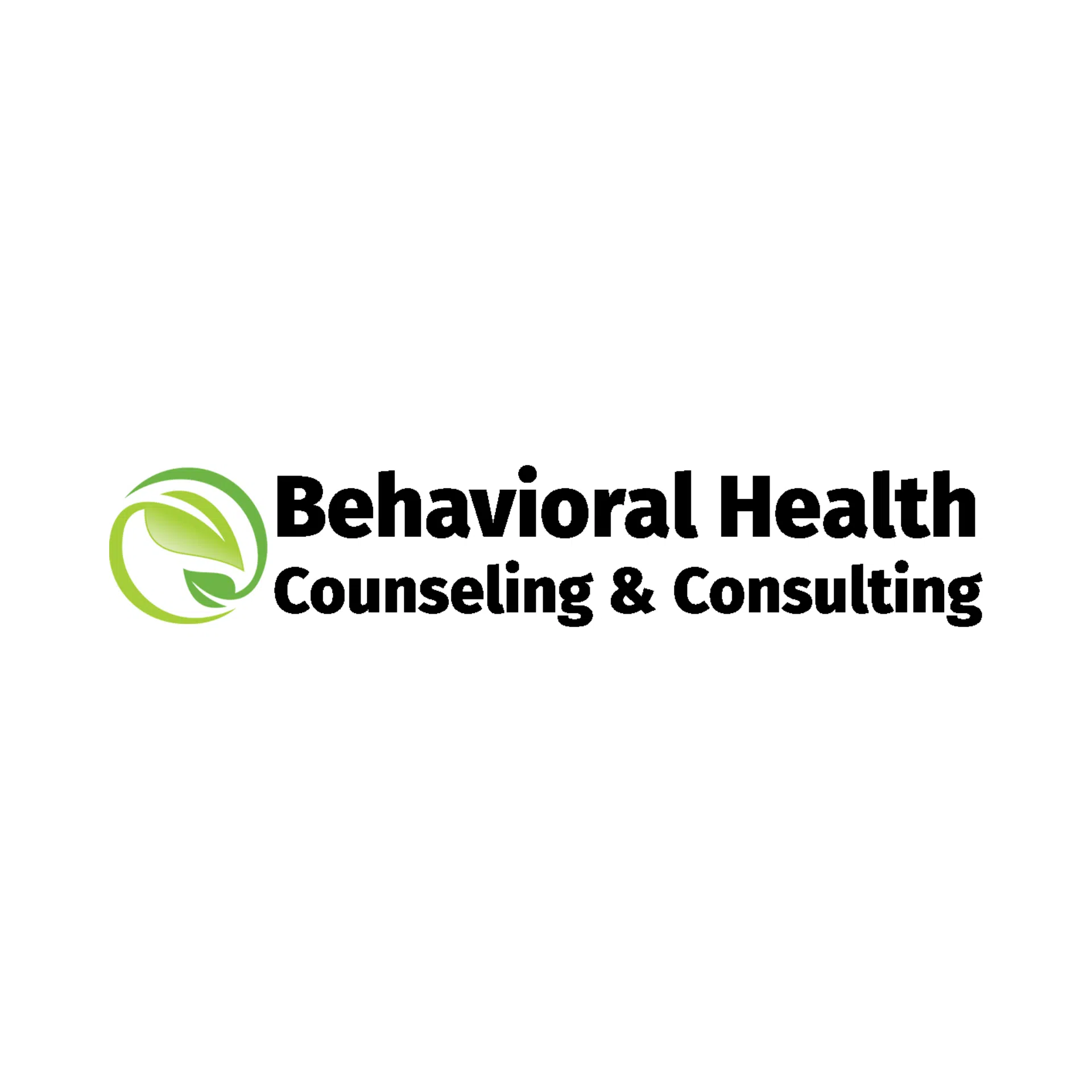
This year from February 24 to March 1, 2020, mental health professionals will come together to promote National Eating Disorders Awareness Week (#NEDAwareness) to young Americans.
This is an important week for those who work in the mental health field, especially those who work with teenaged and young adult women, who tend to be most affected with eating disorders. The purpose of this awareness week is two-fold.
First, the week aims at uniting mental health professionals on these important conditions that have real and dangerous physical side effects and can even be fatal.
Second, the week aims to educate people, especially teens and young adults, that “regardless of your body shape, weight, race, gender identity, ability, religion, socioeconomic status, sexual orientation, or your stage of body acceptance and eating disorder recovery, your story is valid and deserves to be heard.”
What Are Eating Disorders?
According to the American Psychiatric Association, eating disorders are an illness in which a person has a severe disturbance in their eating habits, and that disturbance is associated with related thoughts and emotions. Most people who develop an eating disorder become extremely preoccupied and focused on the food they eat, their weight, and their body image.
Some people diagnosed with eating disorders also become extremely fixated on exercising, all in an effort to achieve what they view as an ideal weight and body image which, in reality, is an unhealthy weight and body mass index (BMI) for them.
What Types of Eating Disorders Are There?
There are three main types of eating disorders:
- Anorexia nervosa, which is diagnosed when a person has a BMI of at least 15% lower than what is considered healthy for their height. Anorexia patients typically eat a significantly limited diet, meaning they don’t get enough calories in a day to be healthy.They’re also afraid of being considered “fat” and have associated body image issues. In fact, many people with anorexia don’t even consider their dangerously low body weight and BMI an issue – they’re in denial that it’s a legitimate health concern. People with anorexia may suffer from a variety of physical side effects, including anemia, low blood pressure, and a cessation of menstrual periods.
- Bulimia nervosa is an eating disorder in which a person diets and exercises frequently, only to “binge” on a large amount of food in a short period of time. The stomach pain from this habit, along with the concerns of weight and body image then leads the person to purge the food they binged, either by throwing up or taking a laxative.People with bulimia nervosa come in all shapes and sizes, from underweight to overweight, so it can be a harder eating disorder for loved ones to discover unless the affected person asks for help or is caught purging. Physical side effects of bulimia include intestinal problems, kidney issues, and severe dehydration.
- Binge eating disorder is a lesser-known eating disorder, but it’s still very unhealthy. With this condition, affected individuals will go through periods of time in which they quickly binge and eat an excessive amount of calories.Unlike those who have bulimia, though, people affected by binge eating disorder don’t purge their binged food. As a result, many people with this eating disorder develop health complications including obesity, hypertension, diabetes, and cardiovascular diseases.
Who Develops Eating Disorders?
According to the National Institute of Mental Health, the average age of onset for anorexia nervosa and bulimia nervosa is 18, while the average age of onset for binge eating disorder is 21. While television shows and movies commonly depict girls and women as having eating disorders, the National Eating Disorder Association reports boys and men make up 25% of anorexia nervosa and bulimia nervosa patients, and 40% of people affected by binge eating disorder.
Getting Connecting to a Licensed-Counselor Who Can Help
If you or someone you know is battling an eating disorder we can help.
While we do not have a licensed psychotherapist on our team, you can still receive help from one of our Licensed Professional Counselors (LPCs) or Licensed Clinical Social Workers (LCSWs). We can also recommend other locals licensed counselors & therapists in Metairie, New Orleans, and Kenner areas.
Whether you need help for yourself or a loved one, take that first pivotal baby step on the path to healing and call us at (504) 302-7771.
- About the Author
- Latest Posts






